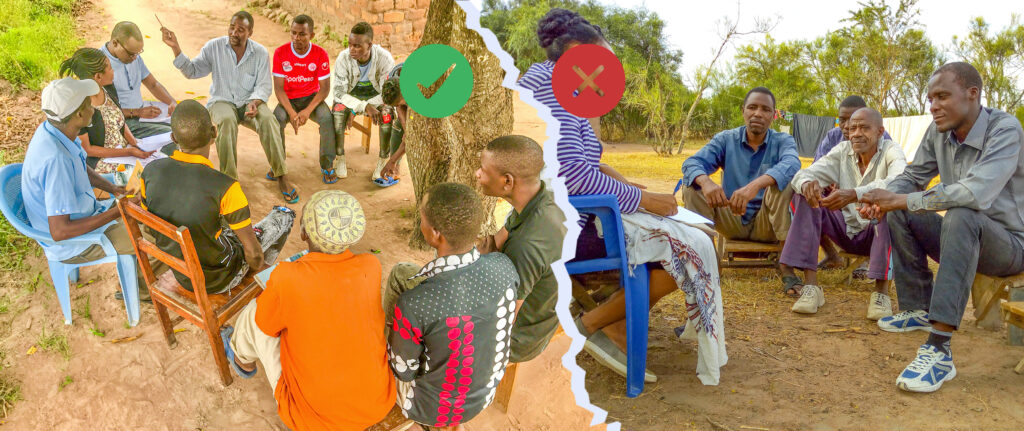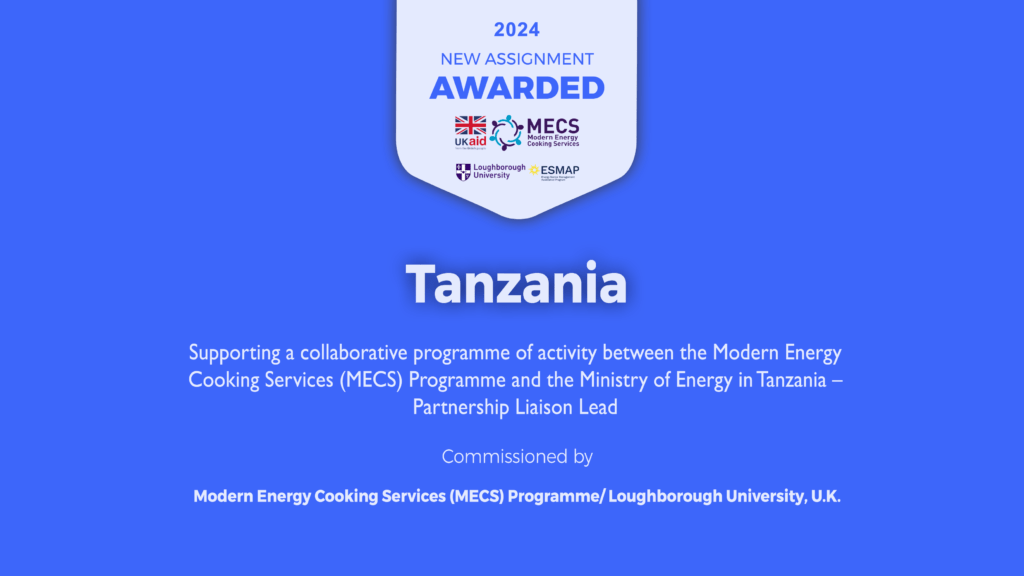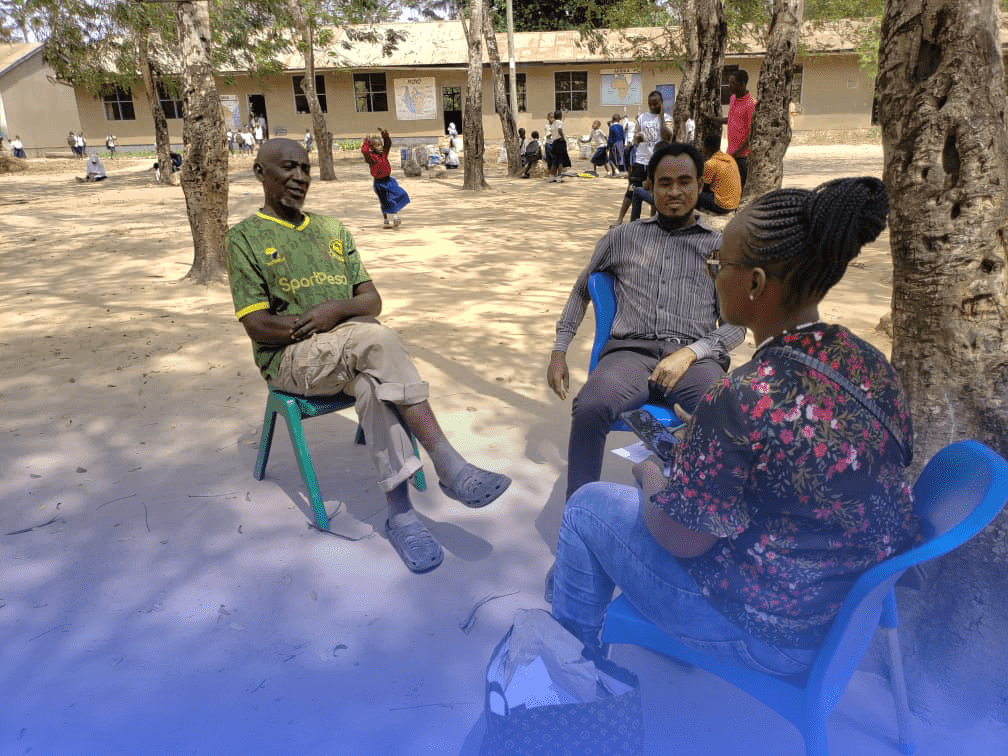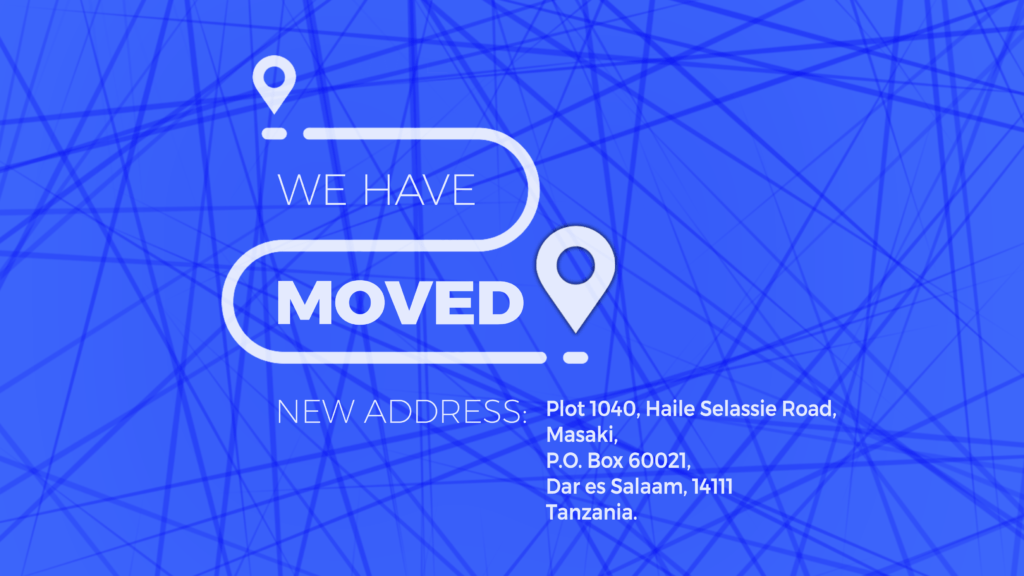In the realm of international development research, the delicate balance between the observer (the researcher) and the observed (the beneficiary) is crucial. At Prime Expertise, we understand that creating an atmosphere of equal status during engagement with beneficiaries, specifically during the surveys, group interviews, and focus group discussions, is not only ethical but also essential for obtaining authentic and insightful responses. Our recent experience sheds light on how maintaining an equal status between researchers and beneficiaries leads to more genuine responses and enriches the validity of our findings.
🏠 The Facade of Seating: Picture this: researchers walk into beneficiaries’ households for surveys. In an attempt to show hospitality, the beneficiaries offer better seats to researchers than their own. While this gesture is well-intentioned, it inadvertently creates a power dynamic that could distort the dynamics of the interaction, affecting the authenticity of the responses we seek. At Prime Expertise, we recognise that genuine conversations stem from balanced interactions.
🪑 Levelling the Playing Field: We firmly believe that to unlock genuine insights, we must establish a level playing field, fostering an open dialogue. Our researchers have been trained to respectfully decline preferential seating and instead opt for seating arrangements that align with the environment and the beneficiaries’ comfort. This simple act serves as a symbol of shared participation and fosters a space where beneficiaries feel comfortable sharing their candid thoughts and experiences.
📊 Impact on Data Quality: In our recent exploration study focused on clean cooking in the urban and peri-urban areas of Tanzania, we meticulously ensured equitable engagement. By sitting on the same types of seating as the respondents and adhering to local customs, we created an environment where participants felt empowered to openly discuss challenges and aspirations pertaining to the study. The result? Rich and nuanced responses that provided valuable insights for designing impactful interventions on clean cooking in Tanzania.
🌏 Cultural Sensitivity: Beyond seating, cultural sensitivity plays a pivotal role. Our researchers immerse themselves in local norms and traditions, demonstrating respect for cultural practices. This, in turn, encourages beneficiaries to share openly without fear of judgement or misunderstanding.
💡 More Than Data: Our approach isn’t just about collecting data; it’s about building bridges of understanding – fostering a genuine rapport that empowers beneficiaries to be the architects of their own development journey. By prioritising authenticity, we’re able to support development interventions with our services that truly resonate with the needs and aspirations of the interventions/ projects we support.
🌍 A Universal Approach: This article underscores the importance of subtle yet profound gestures in development research. It’s a reminder that every action, no matter how small, can influence the quality and depth of the insights we gather. While cultural norms might differ across regions, the principle of equal engagement remains universal. Our article exemplifies how something as seemingly minor as seating choice can make a substantial difference in the quality of research outcomes.
At Prime Expertise, we go beyond research; we cultivate relationships grounded in trust, empathy, and authenticity. Our commitment to unbiased engagement empowers us to facilitate sustainable change that truly reflects the voices of the beneficiaries.




